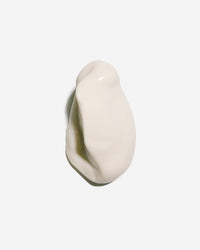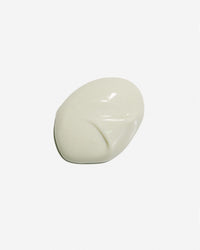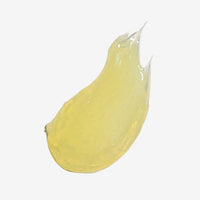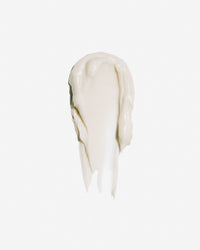Can you introduce yourself?
My name is Amaya Gomis, I'm 30 years old, I was born and raised in Biarritz. I'm an artistic director in audiovisual production and at the same time I co-founded a festival with Margaux & Aimée Arramon-Tucoo, the Queen Classic Surf Festival.
This weekend will see the 3rd edition of the Queen Classic Surf Festival. How did this project come about?
The Queen was created quite naturally around conversations that, at first glance, seemed rather banal, but were recurring. We were faced with a real question: how is surfing represented today? And our observation is that, unfortunately, in the collective unconscious, surfing is still a white, blond man with shiny abs and a thin, blonde woman in a tiny bikini waiting for him on the beach.
We then started to ask ourselves a lot of questions: who created and maintained this image? Where is the place of minorities and their representations in surf culture? Because while many sports have made real progress on this subject, surfing is still a sport essentially for white, cis, privileged heterosexual men. There is still to this day in the specialized press (SURFER JOURNAL, SURF SESSION...), run by men, too little or no visibility of minorities, women, or members of the LGBTQ+ community. In addition to these subjects, which are crucial for us, there was also the desire to do community work, social work and to allow, with the Queen, to put the young people of the Basque country back at the center of local life.
A festival created by women for women, tell us.
The Queen was indeed created by women, but above all it was created with an inclusive goal. Around the Queen we want to represent all genders, colors, social backgrounds. We are all three privileged, we grew up above the Côte des Basques, and we have always surfed! It is unfair that surfing is only accessible and represented by a certain segment of the population, especially when we know its benefits! The Queen is a free and inclusive festival that is organized around an associative village with LGBTQ+, ecological, male contraception, and accessibility to feminine hygiene products associations… It is a surfing competition with the best free surfers in the world and expression sessions in mixed teams, or intergenerational. There are also concerts with 100% female DJs who raise awareness in party environments by creating safe places, but also collectives with dancers who fight against racism and make the dance floor places of tolerance.
The Queen also offers podcasts with your feet in the sand about real-life topics like: Is surfing homophobic? Or the iconography of the bikini.
Les Queen offers access to free contemporary exhibitions, whether on-site or by renowned artists from the LGBTQ+ community, the Basque Country, or primarily women. We're also collaborating with the Champs Lacombe gallery in Biarritz, which will be exhibiting the legendary artist-designer and architect Gaetano Pesce.
The Queen attempts to flirt with several mediums, with an artistic direction designed by women but accessible to all!
The festival will take place at the Côte des Basques beach. Can you tell us about this place and what it means to you?
We grew up above the Côte des Basques; it's our pool, our garden, the place where we probably spend 80% of our time. Today, this place, so special to us, is threatened by mass tourism, and that's also why we created the Queen. We want to try to preserve, for two days, this beach where we grew up, by allowing our families, our friends, neighbors, and all the people who support us to reclaim this special place.
You brilliantly denounce the hypersexualization in surf marketing but don't call the festival "feminist." Why?
We think that today, unfortunately, everything needs to be very labeled, we have also been criticized for not claiming to be feminist. The words that we want to put forward and that define us are inclusion, social, associative. For us, these are the terms that we want to put forward, and obviously feminism is part of it, but we didn't want only this word to stand out because for us, the Queen is so much more than just defending the place of women in sports. We are trying, on a local scale, to reflect on the accessibility of a natural element, in this case the ocean. Is it really accessible to everyone? Because when we look at the price of a rent, hotel, airbnb or a surf lesson in Biarritz, we can doubt it. And so the question arises of the accessibility of surfing, its representation, what it conveys? This year, in one of the podcasts we're organizing, we talk about the jumpsuit as a uniform that could prevent this economic and social distinction, but is that true? These are the kinds of questions that challenge us and that push the association to open debates and build bridges.




